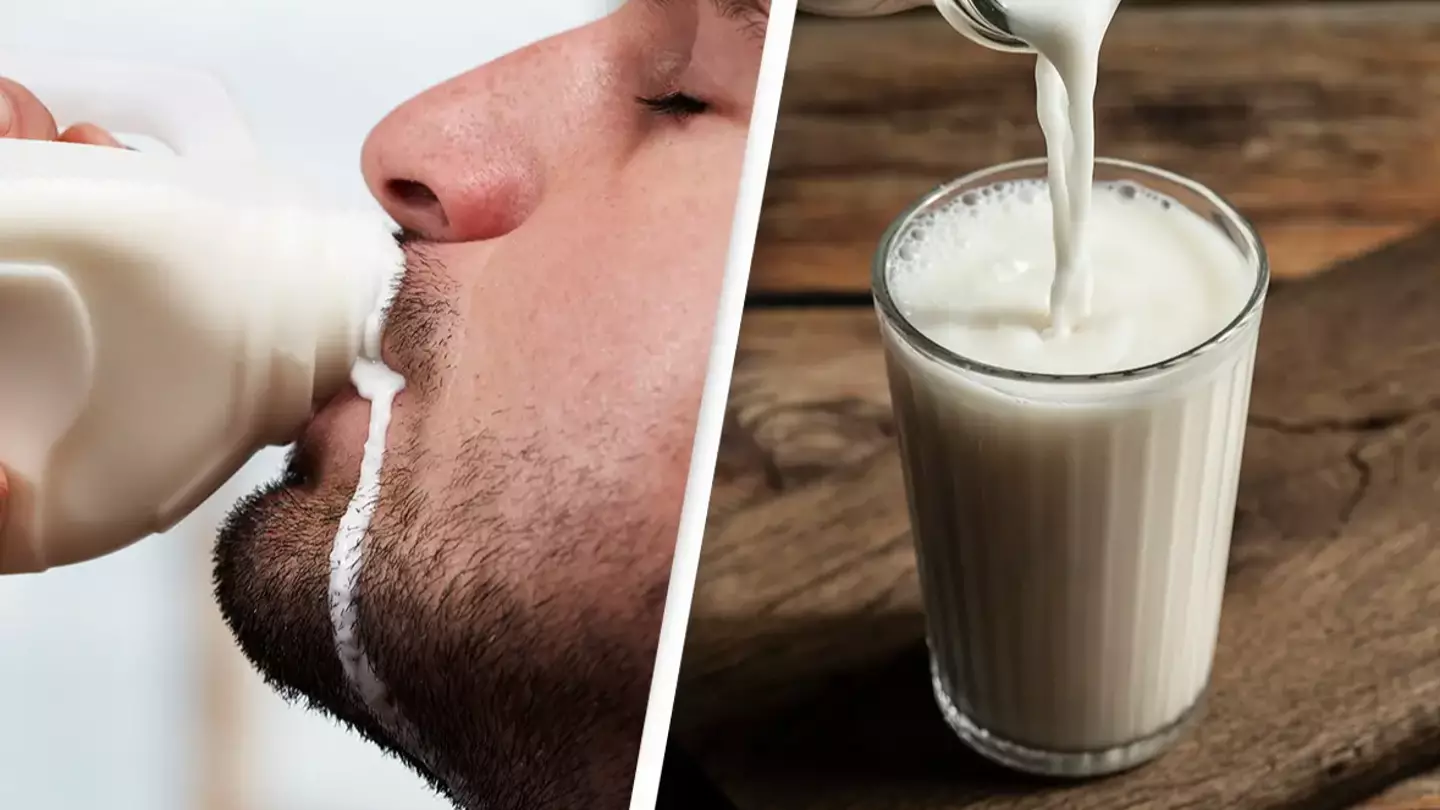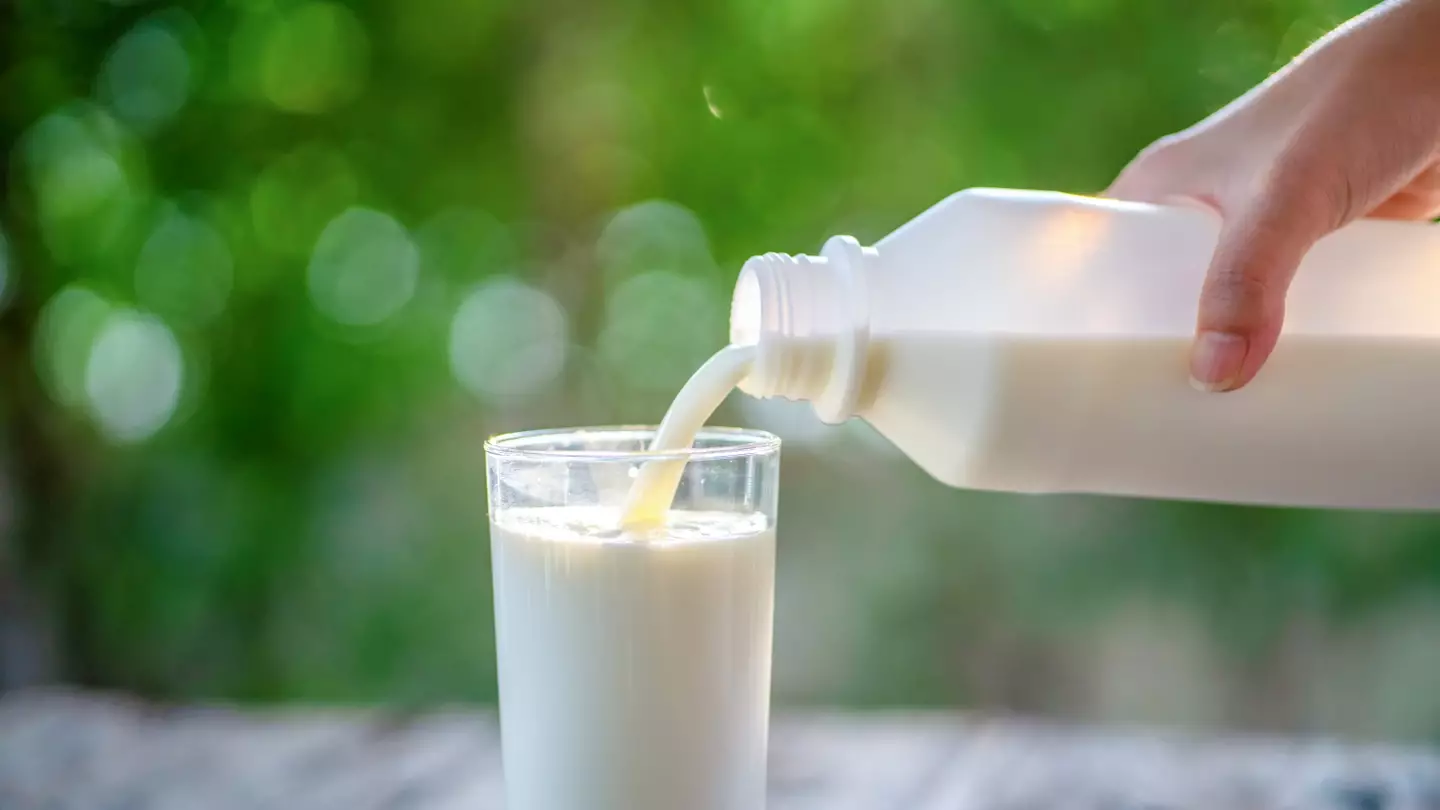
A new study has suggested that drinking cow's milk could have a serious impact on your health, but only some people need to worry.
When it comes to food and drink, sometimes it can be difficult to know what is good and bad for you.
Across the world scientists and nutritionists are constantly looking at the short-term and long-term benefits and drawbacks of eating certain foods.
And now, a new study conducted by scientists at Uppsala University in Sweden has highlighted a potential risk from drinking cow's milk, but not for everyone.
Advert
According to a Mirror report, all cow's milk, including skimmed is said to detrimental because its sugar, lactose, triggers harmful inflammation and cell damage, which increases the strain on your heart.
Coronary heart disease is sometimes described as the ‘silent killer’ and is a very common cause of death in some countries.

However, the risks associated are understood to appear to only affect women due to the fact men can better digest the sugar.
Advert
The team carried out a study involving 101,000 people and found that consuming 400ml of milk each day, about two thirds of a pint, was linked to a five percent higher risk of coronary heart disease in women.
Things were even more bleak if they drank more milk. Their risk increased by 12 percent for 600ml per day or 21 per cent for 800ml.
You can't help yourself by drinking skimmed or semi-skimmed milk either, as the harmful effects were irrespective of the fat content.
And with milk going in our lattes, cereal, hot chocolates, you name it, we're likely to be drinking a lot more than we think.
Advert
The scientists advised that swapping out some of the milk in your diet for yogurt could lower the risk.

Writing in the journal BMC Medicine, study author Professor Karl Michaëlsson said: “A healthy diet is essential for the prevention of cardiovascular diseases. Our analysis supports an association between milk intake higher than 300ml per day and higher rates of ischaemic heart disease, and myocardial infarction [heart attack] specifically, in women, but not in men.
“The higher risk in women was evident irrespective of the fat content of the milk. Replacing non-fermented milk with moderate fermented milk intake could lower the risks.”
Advert
There are multiple alternatives to drinking cow's milk that are becoming more readily available.
And while it may not be necessary to completely cut out cow's milk from your diet, as it is a good source of protein and calcium, it may be worth considering other options.
Topics: Health, Food and Drink